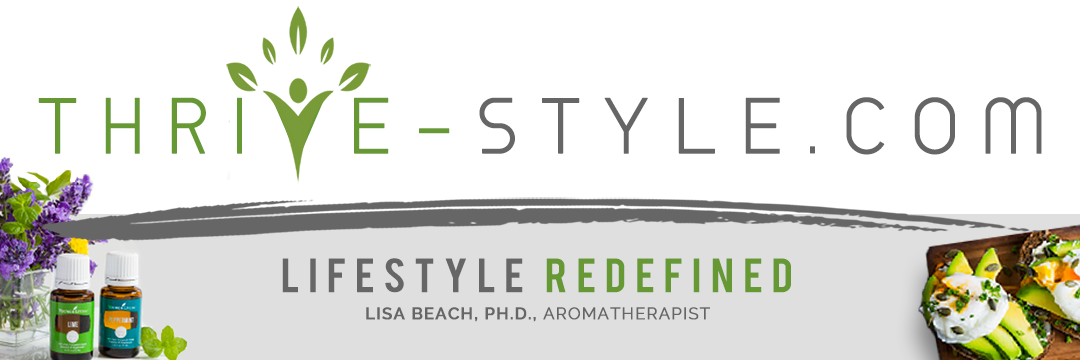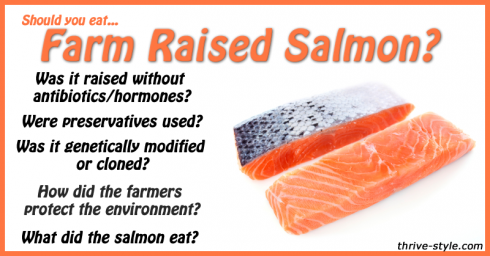A couple weeks ago, I decided to write an email to my beloved health food store. I have been trying to increase my seafood intake while I’m pregnant, but I’ve found the information (and marketing) can be quite misleading regarding the quality of the seafood I want to buy. I shop at a store that is widely known for providing higher quality products than standard grocery stores (and also for being more expensive).
When I began perusing the seafood department more often, I noticed a couple things. First, because I’m on the West Coast, it is more common for Pacific and Alaskan wild caught seafood to be offered. Side note: I’m not discussing Fukushima in this post, but my current personal and pregnant stance on it is that I’m not eating seafood from the Pacific ocean (breast and fetal tissue are the two most vulnerable to radiation–Baby E will thank me later, I’m sure). Second, I can easily find Atlantic seafood that was farm raised.
Since my beloved grocery store boasts high quality farmed fish, I decided to check out the specific standards online. I was moderately appeased by their responsible farming practices:
___________________________________________
Pardon our pride, but we really do have incredibly strong and thorough buying standards for farmed seafood—feel free to compare us to other markets! We are committed to these standards and to implementing them for farmed seafood throughout our stores. Here are a few highlights:
- Our Quality Standards for Aquaculture prohibit the use of antibiotics, added growth hormones and poultry and mammalian by-products in feed.
- We do not carry genetically modified or cloned seafood.
- We partner with farmers who work hard to be the leaders in sustainable aquaculture.
- Our standards require producers to minimize the impacts of fish farming on the environment by protecting sensitive habitats such as mangrove forests and wetlands, monitoring water quality to prevent pollution and sourcing feed ingredients responsibly.
- Our seafood is free from added preservatives such as sodium bisulfite, sodium tri-polyphosphate (STP) and sodium metabisulfite.
FARM-RAISED SALMON
Our salmon are raised in carefully monitored, low-density pens and tanks without antibiotics, pesticides or added growth hormones. Detailed protocols prevent escape of the salmon into the wild, and harmful and lethal methods are never used on predator birds and marine mammals.
___________________________________________
You are what you eat eats!
What this left me wondering about is what the heck the salmon are fed? There are two things I want to know about my food. First, what is the nutrient content? Second, what is the toxic or contaminant threat of the food? After I know those things, I can make a choice about whether or not to eat it.
I know the nutrients found in salmon, and I appreciate that this specific salmon is held to Omega-3 content standards. I also like that no antibiotics, hormones, or growth hormones are given to the fish and that they seem to becoming from “clean” water sources. The website also mentioned that third party audits take place to ensure the standards are being met.
Here’s the email exchange I had with the store:
From: Lisa
Store: Santa Monica, CA
Message: I’ve read all about your fish farming practices, and one thing I’d like to know is if there are standards about what the farmed salmon eat. I know they are pesticide/antibiotic free etc., but I’m wondering if there is any more specific information available about what the salmon can or cannot be fed.
Thank you.
Lisa Beach
—– Original Message —–
From: DO NOT REPLY – USE LINK IN EMAIL
To: Lisa
Sent: Sun 22/12/13 13:47
Subject: Fwd: XYZ Market (Customer Service)
Hello Lisa,
Thank you for contacting us. Feed for salmon can vary slightly
depending on the formulation used by the farm, but all salmon feeds
contain protein and fat from sources such as soy protein, fish meal
and fish oil, as well as grains such as wheat. Some feed contains
beans and peas. In addition, there are vitamins, minerals, and pigment
added to the feed.
Some farmed fish can have corn as a component of the feed, but this
isn’t the case for the farmed salmon that we source from Europe.
We have set a standard for the minimum level of omega 3s required per
serving of the farmed salmon that we sell to ensure that that the
levels of omega 3s will not be compromised even if any feed
ingredients are changed.
You can learn more about our aquaculture standards for farm raised
salmon as well as fin fish and shrimp at this link:
{link removed}
If you have any further questions please use our on-line response
form [1].
Best regards,
Julie
___________________________________________
My conclusion: I’m no longer eating farmed salmon. Will you?



ugh, so what fish should we be eating! im at a loss and very much missing my seafood
That’s a really hard question. Honestly, in California we struggle with it all the time… because I can’t find anything good most of the time. I’d look for Atlantic Wild Caught fish… We actually found some wild caught salmon from Iceland recently, and I was pretty happy about that find. Depending on where you live, it will be easier or harder to find good sources!
On Mon 10/02/14 16:00 , “Disqus” notifications@disqus.net sent: